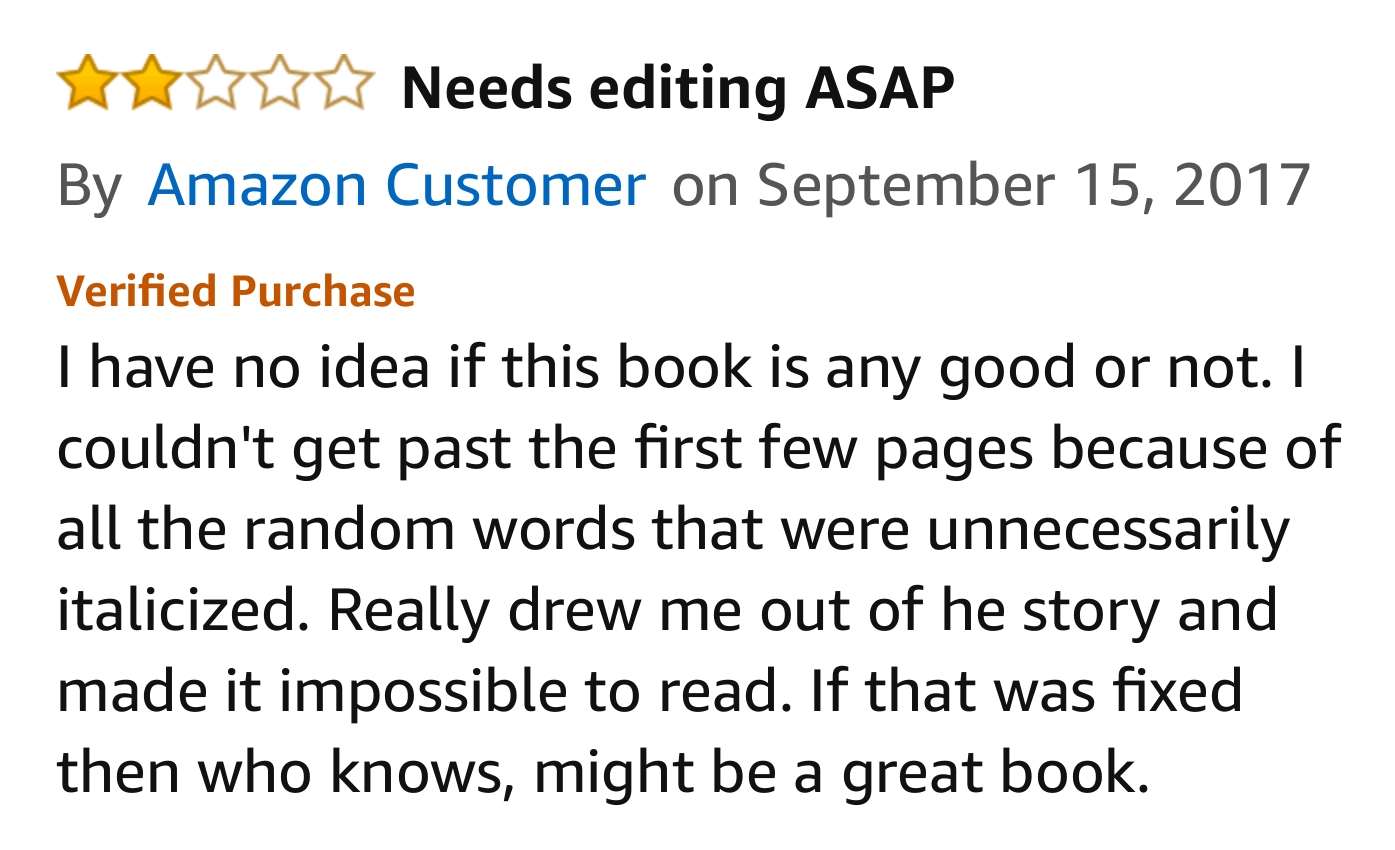I came across an article on the National Post by Colby Cosh titled Books gain a surprise victory in the war against bits. To me, this seems to be an unexpected turn of events; print books have sold more this year than last year whereas eBooks have levelled off. There are a few points I noticed.
A lot of the new sales have to do with new markets. Adult colouring books being a prime example.
Related to the above, there appears to be a backlash by some groups against new technology. Books have people who need to feel the grain of paper and apparently younger people are more likely to go retro. See the National Post article by Andrew Coyne titled Making sense of the analog counter-revolution for more information.
Publishers spend more time making covers look better to get more attention. This may raise the bar dramatically for Indie authors.
Also, publishers are moving away from discounting hard covers. Instead, they aim to create the perception of their books being worth the full price. Much of this is related to the physical nature of books making them ideal for collections.
Some books also do not work well on a Kindle. The Thing Explainer by Randall Munroe, the author of the XKCD comic is a good example. This book is built on a series of large detailed diagrams that are hard to reproduce on dedicated eBook readers.
This article implies that at least some publishing companies are not incompetent. So we will need to wait a few more years before breaking out the bubbly.









